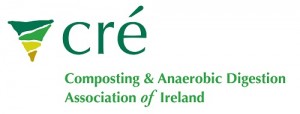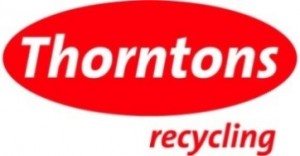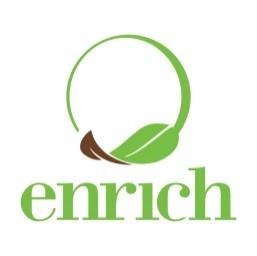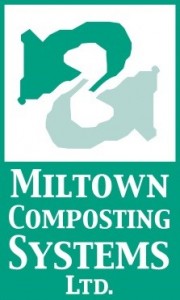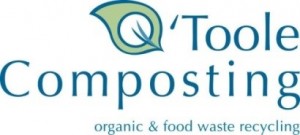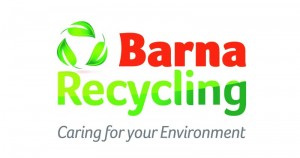8th & 9th November, 2023 Crowne Plaza, Dundalk
22nd November, Kildare
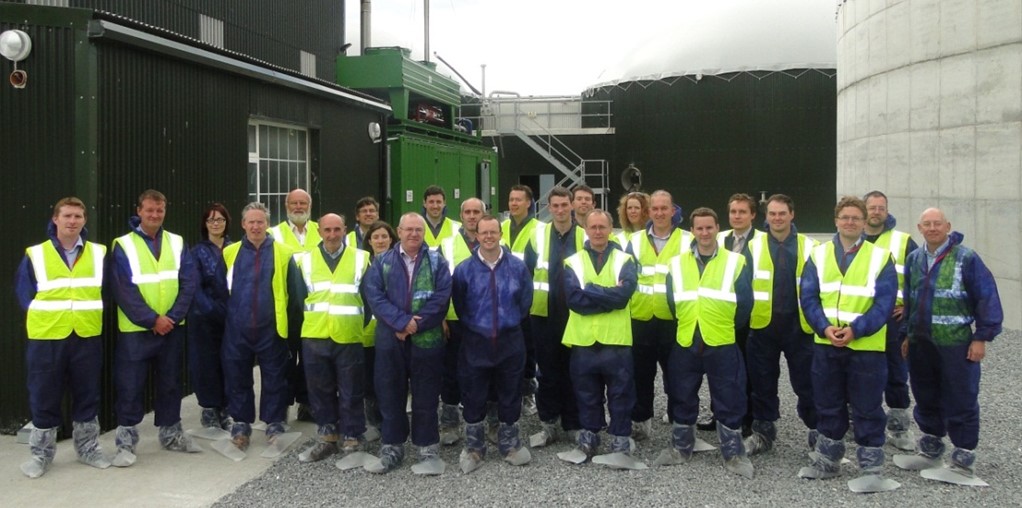
The details on the courses can be found here
To book click here
With the impending introduction of new incentives from government, such as the Renewable Heat Obligation (RHO) to produce renewable energy, anaerobic digestion (AD) is a financially viable technology that offers huge potential for revenue generation for farmers and waste operators alike. Anaerobic digestion produces a high energy containing gas, known as biogas, which can be used for green energy production. The technology is simple, yet robust, and well developed on multiple feedstocks.
To facilitate the growth of the sector Cré developed a “Planning for Anaerobic Digestion Facility” training course. The course is a highly intensive three-day training course targeted specifically at projects in Ireland. The course was delivered twice previously with over fifty people attending. The course will give participants a clear understanding of what anaerobic digestion is, basic design criteria, planning and regulatory requirements, grid connection, project economics, financing, and much more.
The course includes visits to operational anaerobic digestion plants and will prepare participants wishing to develop their knowledge in anaerobic digestion plants and to up skill in anaerobic digestion operations.
The objective of the course is to educate individuals involved in anaerobic digestion, be it farmers, waste operators, planners, decision markers with all the knowledge to assist them in developing an anaerobic digestion project. The course will not allow participants to design their own plant but will provide them with sufficient knowledge when dealing with technology providers, government agencies, planners, banks, to make well informed decisions.
